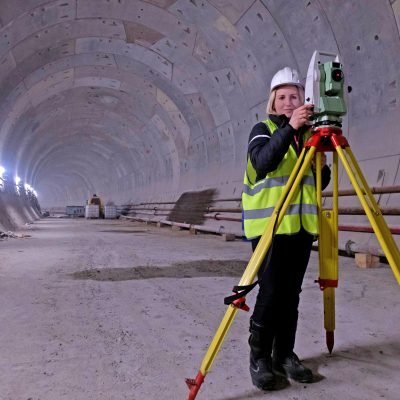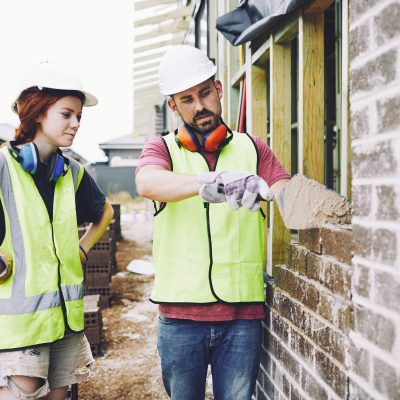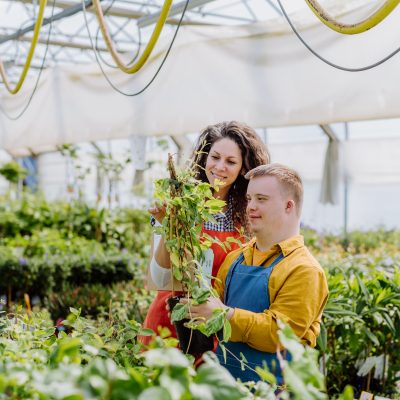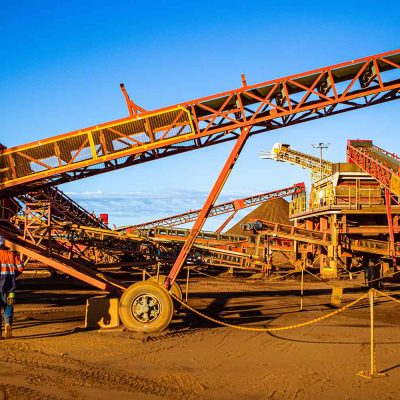Chris Twomey shares what it’s like to ride the wave – in the ocean and at work!
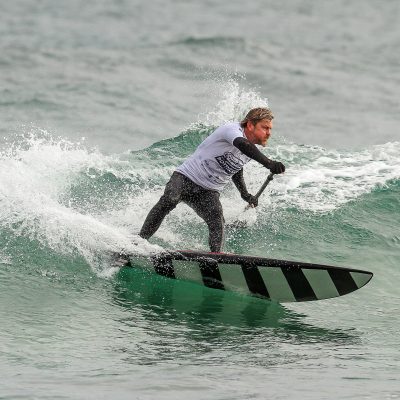
Chris Twomey is a Senior Industry Fellow with the Bankwest Curtin Economic Centre. Outside of work, Chris is a bona fide surfer, recently winning the Over-50 Men division at the North Freo Stand Up Surf Shop WA SUP Titles in Mandurah. Chris shares with us what it’s like to ride the wave – in the ocean and at work.
Tell us why you chose a career path in public policy.
I’ve had quite a varied career. I studied psychology then went on to work in educational video production and science communication, before becoming a national policy advisor in Canberra. One of my most powerful experiences was working in the Centre for Aboriginal Studies at Curtin University in the late nineties, working alongside Rob Riley learning first-hand the impacts of past policies on The Stolen Generation – an issue I’m now returning to with my PhD studies at BCEC. My driving passion is to challenge injustice and make the world a better place, so focusing on public policy seems like the best place where my skills can make a real difference.
What key skills do you need to do your job?
As well as working at BCEC, I am also Research and Policy Development Leader at the WA Council of Social Service (WACOSS). I think the most important skills that I use in policy development and advocacy at WACOSS come down to strategy and political judgement. It is critical to have research skills and an understanding of the key issues, and to also understand policy formation and funding processes, but the real challenge is prioritising what ideas are most likely to deliver a worthwhile outcome. The other key skill is networking – you don’t have to become an expert on everything, but you need to know enough to understand and discuss the key issues with those you meet in industry.
Tell us about something interesting you are working on at the BCEC?
My PhD research is about the over-representation of Aboriginal children in the child protection system in WA. Aboriginal children are 17.5 times more likely to be removed from their families and placed in care than non-Aboriginal children. They now make up over 55 per cent of children in state care despite being only 6.5 per cent of the child population. I’m keen to learn from best practice in other states and around the world, and I am collaborating with Aboriginal community-controlled services to ensure children are safe and grow up strong in community and culture.
Your research is centrally concerned with public policy, human service reform, poverty and the cost of living. Tell us more about this.
BCEC has given me the opportunity to really extend the work we’ve been doing on the impacts of the cost of living in WA, particularly in low income and vulnerable households. Late last year we were able to bring together WACOSS’ cost of living model and data from the Financial Counsellors’ Association of WA, with the ABS Household Expenditure Survey and HILDA data. The end result, The Price is Right? report, revealed ground breaking insight into the weekly budgets of those in financial hardship and highlighted rising housing costs as the number one driver of hardship in WA. Energy prices are also putting real pressure on some vulnerable households, and single parent families are being forced to cut back on their health and recreation expenditure just to make ends meet. For kids growing up in poverty, this creates a vicious cycle that will ultimately cost the community more in the long run, due to rising costs for chronic disease and poor life outcomes.
When you worked on the Price is Right? report, what was the key learning for you?
There is a myth that the cost of living has been rising equally for everyone. Often it can feel that way, because we notice when the cost of essential goods and services go up, but when we get a wage rise we feel like that’s something we’ve earned. While it’s true that wage growth has stayed pretty flat over the last few years, the average household has still seen their incomes going up faster than their living costs. This is not true for those on low incomes relying on low-skilled work, facing under-employment and uncertain hours, and relying on some combination of income support. They are the ones who have really been falling behind.
What support do you have to enable the success of your research?
I was fortunate to receive an industry fellowship by BCEC which has enabled me to take the time out of my job at WACOSS to undertake research and dig deeper into some really important social issues. Having access to good data is really critical, as is the opportunity to collaborate with researchers with different skill sets, knowledge and experience. The other key source of support is the trust and engagement of Aboriginal elders, community leaders and service providers who’ve come together with WACOSS’ support to form the Noongar Child Protection Council to advocate for the research in other states and countries.
What’s the toughest challenge/biggest battle you face?
Sometimes the biggest battle is finding the time and headspace to think about the big picture and work on some of the underlying and systemic challenges. In public policy, there are demands on our time with public consultations, submissions and inquiries, or the latest political crisis to respond to. It’s easy to get caught up in being reactive. The challenge is to realise you can’t do everything and to focus your efforts strategically on a few issues where you think you can have the most impact.
How do you manage to juggle everything and manage the stress ?
It’s been tough trying to reduce my full-time job at WACOSS to three days a week, as the demands and expectations on the role remain the same – and inquiries, Ministerial briefings and advisory committee meetings inevitably get booked when I’m usually at BCEC. Keeping fit and healthy is critical to managing my stress levels and maintaining good mental health. For me, that means surfing, or stand up paddle-boarding when the waves aren’t there. I’ve never been great at repetitive exercise, but when the waves are good, I can go flat out for hours. Competing gives me that extra motivation to get my strength up and to try harder when the surf isn’t that great. The recent SUP Titles competition in Mandurah was a massive weekend of waves and weather. To claim the state title ahead of some quality opposition is a truly great feeling and I look forward to the challenge of the Australian SUP Titles in Queensland.
 Photo credit: Surfing WA
Photo credit: Surfing WA
What advice or words of wisdom would you share with others interested in working within academia?
Follow your passion! For me, academia provides some fantastic opportunities to look below the surface and build a deeper understanding of our most critical social challenges. However I’d also say it is important to keep connected and engaged. For me, that means having one foot in research, and the other working with frontline services and undertaking political advocacy. I’m always thinking about the impact and practical implementation of my work, making sure it correlates to the lived experience of the vulnerable and disadvantaged people we work with. I believe research has to add value and reward people for their contribution, and to improve the lives of community members facing particular challenges.

